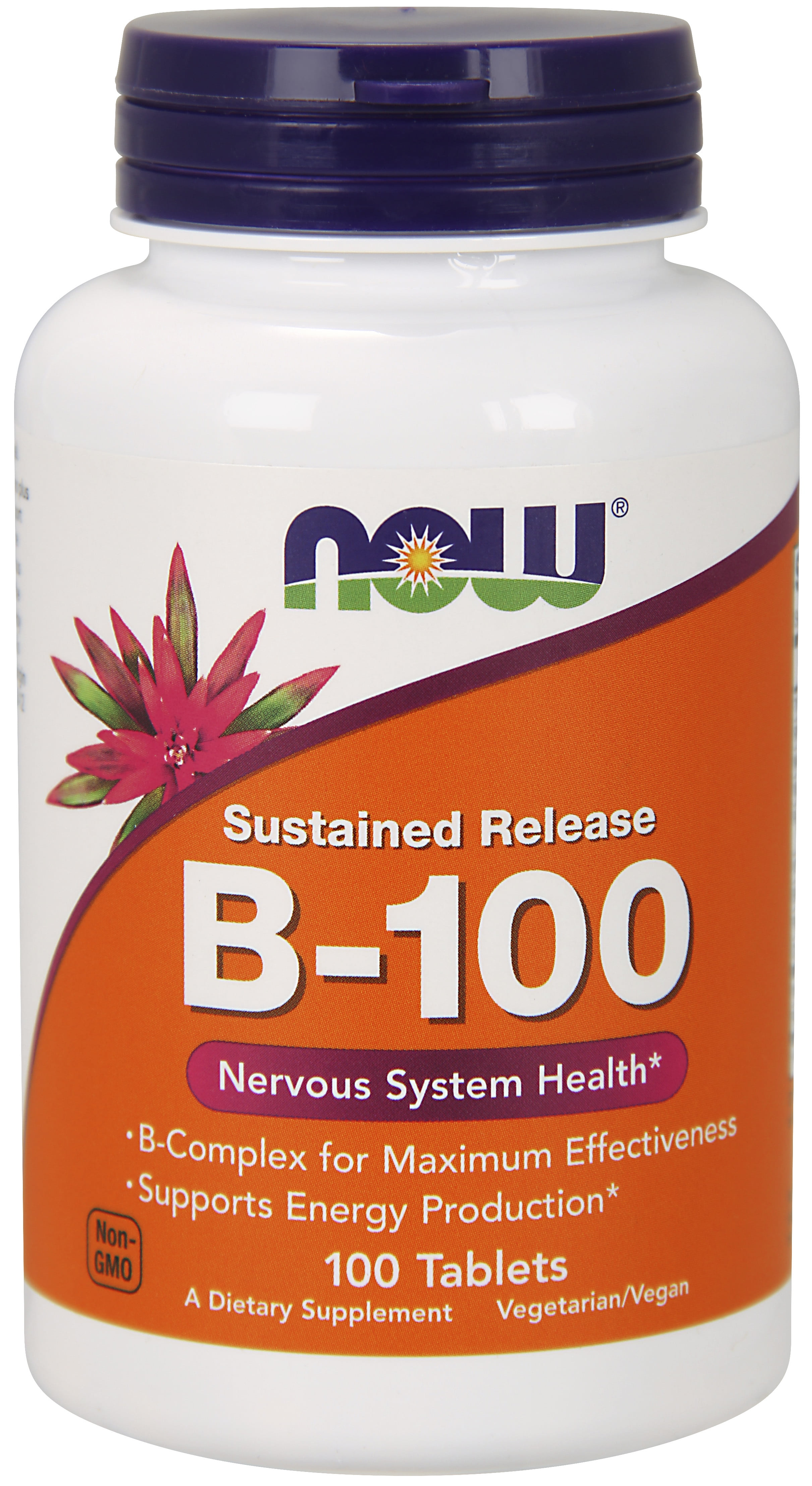Vitamin for Energy Health

Vitamin B12
Vitamin B12 is a water-soluble vitamin that is essential for the proper functioning of the nervous system and the production of red blood cells. It is also important for maintaining healthy energy levels in the body. Vitamin B12 deficiency can lead to fatigue, weakness, and anemia.
Sources of Vitamin B12
Vitamin B12 is found naturally in animal products such as meat, fish, poultry, eggs, and dairy products. It can also be found in fortified cereals and nutritional yeast.
Recommended Daily Intake of Vitamin B12
The recommended daily intake of vitamin B12 is 2.4 micrograms per day for adults.
Vitamin D
Vitamin D is a fat-soluble vitamin that is essential for bone health and the proper functioning of the immune system. It is also important for maintaining healthy energy levels in the body.
Sources of Vitamin D
The primary source of vitamin D is sunlight. It can also be found in fatty fish, egg yolks, and fortified foods such as milk and cereal.
Recommended Daily Intake of Vitamin D
The recommended daily intake of vitamin D is 600-800 IU per day for adults.
Vitamin C
Vitamin C is a water-soluble vitamin that is essential for the proper functioning of the immune system and the production of collagen. It is also important for maintaining healthy energy levels in the body.
Sources of Vitamin C
Vitamin C is found naturally in fruits and vegetables such as oranges, strawberries, kiwi, broccoli, and bell peppers.
Recommended Daily Intake of Vitamin C
The recommended daily intake of vitamin C is 75-90 milligrams per day for adults.
Vitamin E
Vitamin E is a fat-soluble vitamin that is essential for maintaining healthy skin and eyes. It is also important for maintaining healthy energy levels in the body.
Sources of Vitamin E
Vitamin E is found naturally in nuts, seeds, and vegetable oils.
Recommended Daily Intake of Vitamin E
The recommended daily intake of vitamin E is 15 milligrams per day for adults.
Benefits of Taking Vitamins for Energy Health
Taking vitamins for energy health can have several benefits. These include:
- Increased energy levels
- Improved cognitive function
- Reduced risk of chronic diseases
- Improved immune system function
- Improved skin health
Drawbacks of Taking Vitamins for Energy Health
While taking vitamins for energy health can have several benefits, there are also some drawbacks to consider. These include:
- Overdosing on certain vitamins, which can lead to toxicity
- Interactions with certain medications
- Expense of vitamin supplements
Conclusion
Vitamins are essential nutrients that play a crucial role in maintaining our health, including energy levels. While it is important to get vitamins from a healthy and balanced diet, supplements can also be beneficial for those who struggle to get enough of certain vitamins. However, it is important to consult with a healthcare provider before starting any new supplements to ensure they are safe and effective.
FAQs
Q: Can taking vitamins improve my energy levels?
A: Yes, certain vitamins such as B12, D, C, and E can help improve energy levels in the body.
Q: Is it better to get vitamins from food or supplements?
A: It is always best to get vitamins from a healthy and balanced diet. However, supplements can be beneficial for those who struggle to get enough of certain vitamins.
Q: What happens if I overdose on vitamins?
A: Overdosing on certain vitamins can lead to toxicity, which can have serious health consequences.
Q: Can I take vitamins with medication?
A: It is important to consult with a healthcare provider before taking vitamins with medication to ensure there are no interactions.
